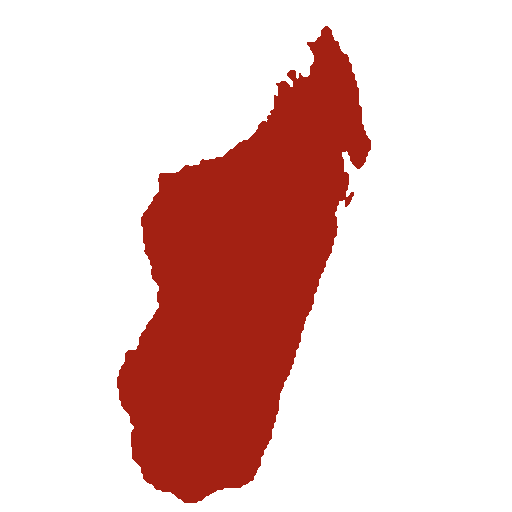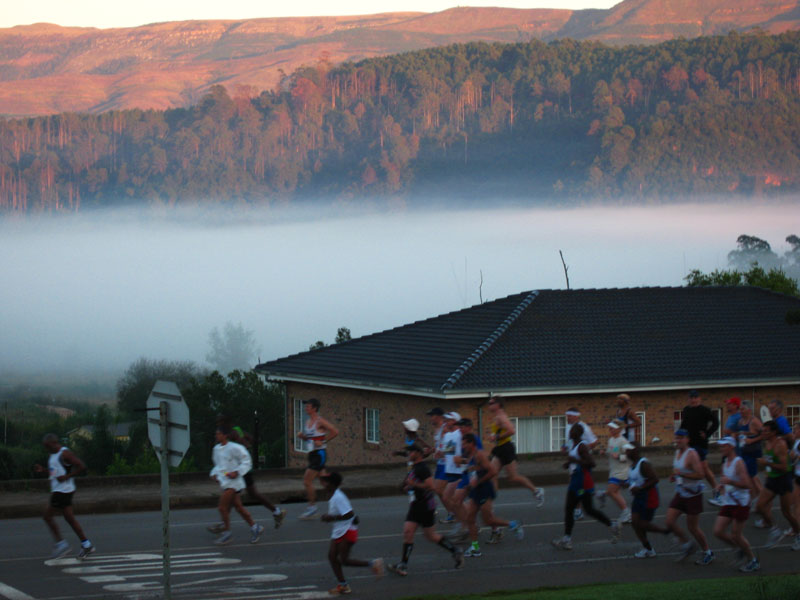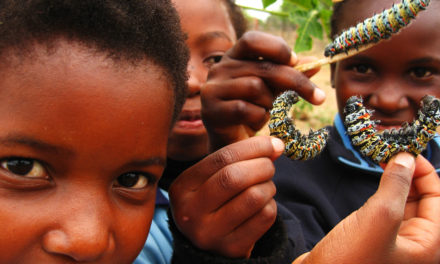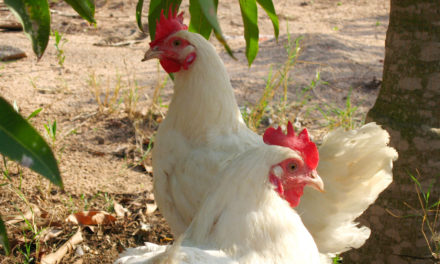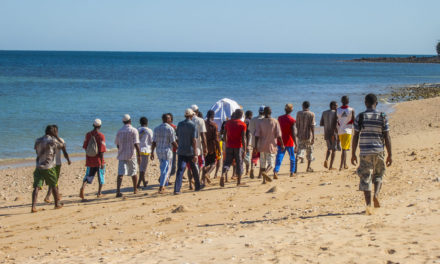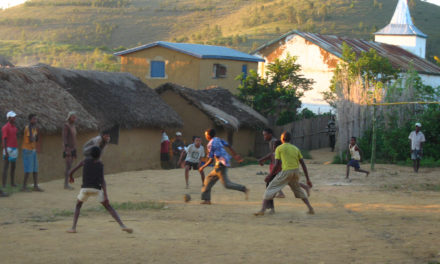We started the race, a bit early, but with high expectations. There were probably two or three thousand people there running the marathon. We all had our temporary licenses safety-pinned to our backs (yes, in South Africa, you need an official license to run a race). We’d been training for over a month, maybe not enough, but with a lot of effort. We started high in the mountains, ran up a few hills, and spent most the time running down. When we finished the race, almost 22 km later, we were struggling, limping, and sore all over. We finished, but barely.
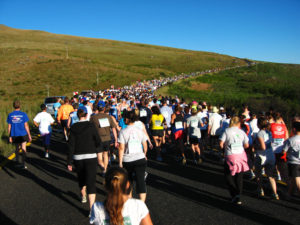 For over a month before the Longtom Marathon we ran to and from one of the schools we worked at. It was only about 5-6 km away, but we ran with backpacks on (carrying our change of clothes and things we needed for work). So, we thought that would make it significantly easier to run the real thing, without backpacks.
For over a month before the Longtom Marathon we ran to and from one of the schools we worked at. It was only about 5-6 km away, but we ran with backpacks on (carrying our change of clothes and things we needed for work). So, we thought that would make it significantly easier to run the real thing, without backpacks.
In a way it was true. The first 5-6 km of the marathon breezed by. We weren’t at the front, but we certainly weren’t at the back and things were going smoothly and the surroundings were beautiful. Every couple of kilometers, there were stands with people passing out bags of water and cups of powerade and little energy-providing snacks. It was a really nice atmosphere. It was almost hard to believe when we realized we’d already run 9 km – it seemed so quick.
But sometime after the 12 km mark we started having some serious problems. I’d been feeling the small rocks from the paved road through the soles of my shoes for a while, with increasing sensitivity. Lora’s muscles were starting to stiffen quite a bit, so we stopped for a quick stretch. As I was shifting my balance on my feet, I realized that I had some very large liquid-filled blisters on the bottom front halves of both my feet. I was also chafing a bit on the inside of my leg. We were both only a little sensitive at this point, so we weren’t overly concerned, but we had a bit less than half the race still to go, so we weren’t sure how our pain would progress.
It progressed fast. The chafing got worse, I could barely put weight on the front of my feet, and Lora’s muscles continued to stiffen. Her right leg was having trouble bending – a big trouble when you’re in a marathon. By the time we got to the 5 km (remaining) mark, we decided to stop running altogether and walk the rest of the way. Since we ran 5-6 km every time to school, we thought that only 5 km left should go by fast. But it didn’t.
There was no 4 km mark and we realized how much of a difference those marks made when we desperately needed motivation. I found a funny way to walk that didn’t put too much pressure on the front of my feet or cause too much contact where I was chafing. And Lora was doing a bit of a robot walk to avoid the sharp pains when her leg would bend. We must have been a pretty funny looking pair, and we did receive a few comments along the way.
Overall, we had to slow our pace a LOT. My stopwatch had somehow stopped at some point that I didn’t notice, so I had no idea how much time we had left to make it before the cut-off. It definitely didn’t seem like it could be much.
To top it all off, the last 3-4 km brought us out of the mountains and into a busy town, with car exhaust everywhere and not much worth looking at – no positive distractions from our pain. Either we didn’t notice the km markers towards the end or they simply weren’t there. But those last few kilometers kept stretching on and on and on. Both of us were about as sore as we could’ve imagined, hurting in ways we’d never known. The finish line was nowhere in sight, even when we knew we had to be getting close. I seriously thought about giving up, but I thought more about how I’d like to get a wheelchair and simply push myself across the finish line.
But we pressed on. We saw some people who’d already finished, cheering us on near the end. Then we saw it: a big sports field, with a big blue arch that said “Finish Line.” I talked to Lora, and we decided, limping and in pain or not, we were going to resume running and run across the finish line.
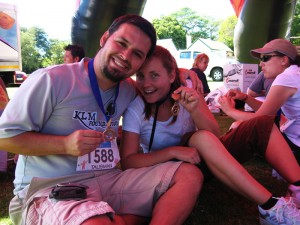 So, we started jogging again about 50 yards from the arch, but as we got closer we realized it was more of a mirage. The real finish line was still another 100 yards or so away. But we kept going, and as we got close to that one, we saw the big clock next to it: 3 hours and 16 minutes. We still had 45 minutes before the cut-off time. We’d finished, and we’d finished with plenty of time to spare.
So, we started jogging again about 50 yards from the arch, but as we got closer we realized it was more of a mirage. The real finish line was still another 100 yards or so away. But we kept going, and as we got close to that one, we saw the big clock next to it: 3 hours and 16 minutes. We still had 45 minutes before the cut-off time. We’d finished, and we’d finished with plenty of time to spare.
As soon as we passed the line, people were standing there to put bronze medals around our necks. We limped over to the last water station to quench our thirsts. Professional leg massages were freely available for anyone who finished the race. We found some other Peace Corps Volunteers who’d already finished and plopped onto the ground next to them, ready for rest. I took off my shoes to relieve my blisters and didn’t put them back on for a few hours.
It was the hardest physical thing either of us have ever done, but we did it, and we finished. Though we prepared for it, we really didn’t prepare adequately. There wasn’t a great selection of shoes in our nearby town and we didn’t have a lot of spare money as Peace Corps Volunteers, so we settled on buying some running shoes that cost about $5 and $8 each. It was a bad decision.
After I took my shoes off, I looked at the bottoms and saw that a few chunks here and there had fallen off and other parts were worn down several layers. I pushed in on the middle to see how stiff they’d be and they bent in easily, as thin as a plastic water bottle. The masseuse condescendingly told Lora that her inflamed leg muscles were a result of bad support in her shoes. Those shoes were definitely a bad decision.
Being our first big race, I also didn’t realize how important athletic shorts would be, and my regular canvas shorts were the cause of a lot of my pain. Five to six kilometers a few times a week were apparently enough to easily get us through the first 10 km of the race, but not enough to see us smoothly through the whole thing. We had trained and prepared, but we hadn’t prepared well.
But the race was still a success. We finished, and with time to spare, and we won a couple of bronze medals. We personally raised over $800 for the scholarship and Peace Corps as a whole raised over $14,000 for the scholarship this year. That’ll allow another deserving child from rural South Africa to receive a quality education at one of the highest-ranked private schools in the country.
And we learned something too: the importance of preparation, and maybe even more so, of perseverance. There were some things we didn’t do right that we should have done better; we especially should’ve gotten better quality shoes. But other things, like buying athletic shorts, I simply had no idea and nobody had recommended it. It was our first time running a marathon and we gave it our best shot. We persevered and we finished.
As we struggled towards the end of that race, I was reminded several times of a few important Bible verses. Philippians 3:13-14 says, “…but this one thing I do: forgetting what lies behind and straining forward to what lies ahead, I press on toward the goal for the prize of the heavenly call of God in Christ Jesus.”
The author of Hebrews says in 12:1-2, “Therefore, since we are surrounded by so great a cloud of witnesses, let us also lay aside every weight and the sin that clings so closely, and let us run with perseverance the race that is set before us looking to Jesus the pioneer and perfecter of our faith.” These verses encourage us to pay attention not to the struggles, no matter how severe they seem, but to the finish line, the prize, the purpose of the race.
Just as we struggled in that race for a few hours, we struggle in our work, daily. We’re deep into it now, with projects running, some recently launched, some still beginning, and others just words spoken here and there, waiting until the community or the teachers catch the vision and decide to run with it. But at every stage we face obstacles: lack of concern, inadequate resources, communication barriers, absenteeism, even the death of colleagues. Sometimes we don’t properly prepare for each venture we set out on, for multiple reasons, but most often just because we don’t know all the factors involved. It’s still new to us.
But we think that the work we’re doing is important. We believe it has the possibility of making a significant and long-term difference in the lives of those we work with and in the community as a whole. So we press on, we meet the obstacles as they come, and we persevere.
And that’s life. We’re all working in different places, towards sometimes very broadly different goals. But those of us who are Christians know that our work, obstacles and all, is in just one direction: towards him, the author and perfecter of our faith, Jesus Christ. He’s run the race before us, he’s finished, and he’s cheering us on towards the finish line. And when we get there, we can rest, be rewarded, and enjoy the prize of the heavenly call of God in Christ Jesus. So, we’re encouraged not to lose heart, the finish line isn’t much further away.
